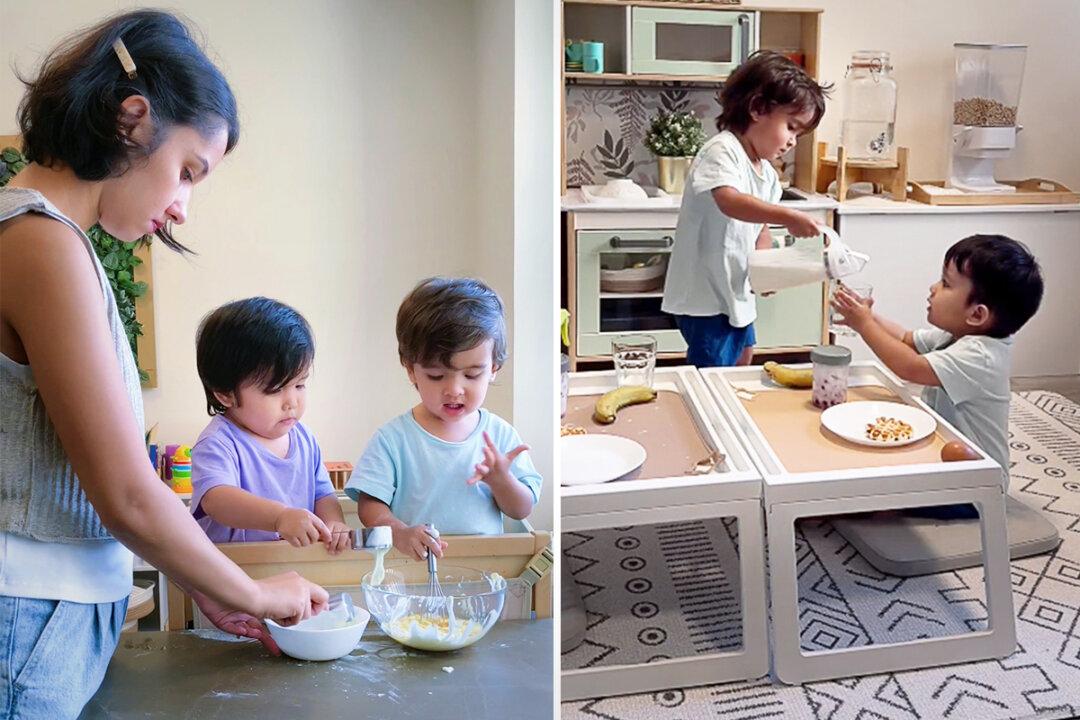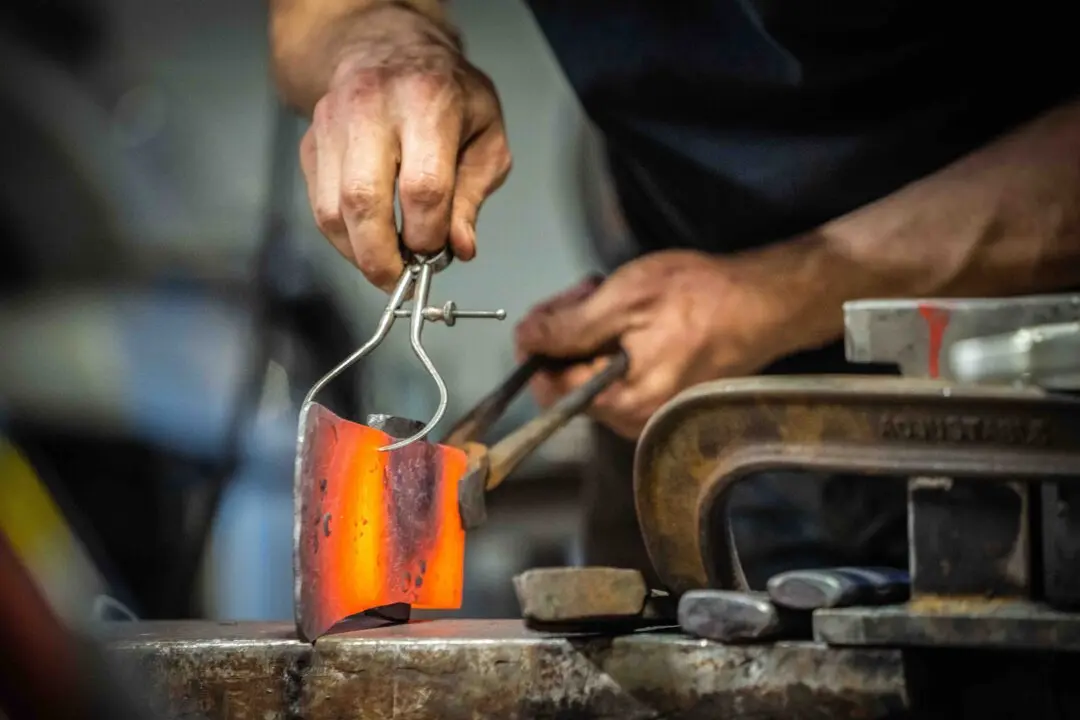One New York-based mom who has been criticized for her “lazy” approach to parenting has revealed how her twin toddlers have blossomed since she began to engage them in kitchen activities.
Originally from Tajikistan, Aziza Bobojanov and her husband began fostering their kids’ independence when they were 17 months old.






